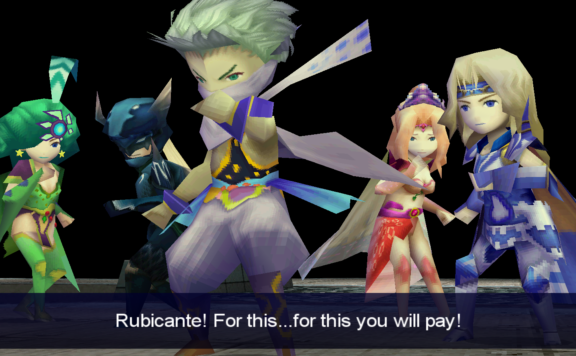Ah, games! Who doesn’t love a good Scrabble match or an intense Fortnite round? But hold on, we’re not just talking fun and games here. Believe it or not, games can be an incredible learning tool, especially for students. Put down your textbooks for a minute, and let’s delve into how gaming can help students learn and enrich their academic journey.
Why Games and Learning Are a Perfect Match
Before we go knee-deep into the benefits, let’s first demystify the link between games and education. The key elements that make games so addicting – competition, rewards, and engagement – are the very things that can make learning compelling. Add to that the rise of educational games, and you’ve got a potent mix. So don’t look guilty the next time someone catches you gaming; you’re just doing your homework, right? That said if you want to game without thinking about your pending essays, contact Grab My Essay. This writing service will help you with any writing assignment regardless of subject, deadline, or topic complexity.
The Cognitive Connection
Believe it or not, gaming can amp up your brainpower. Think of it like a gym workout but for your brain. Games often require quick thinking, problem-solving skills, and sharp focus – skills you need in the classroom and beyond.
Here’s a Breakdown:
- Memory: Games that require you to remember codes, maps, or strategies can improve your memory skills.
- Coordination: Fast-paced games improve hand-eye coordination.
- Problem-solving: Strategy games make you think critically and make quick decisions.
Social Skills
Multiplayer games, whether online or board games, involve interacting with other players. This can foster team spirit, leadership, and the ability to handle wins and losses gracefully – a pretty good package of life skills, don’t you agree?
Real-World Applications
Games can make learning real-world skills more engaging. The applications are endless, whether it’s a simulation game that teaches you about stock markets or a cooking game that walks you through recipes.
What the Studies Say
Researchers have been poking around the potential educational benefits of gaming. Studies show that students who engage in educational gaming score better on tests and show improved problem-solving skills. The data doesn’t lie; gaming can be educational.

The Flip Side
However, not all games offer educational value, and too much screen time can have drawbacks. The key is balance. Choose entertaining and educational games, and remember to pause and get some fresh air!
5 Tips for Parents and Educators
If you’re a parent or an educator looking to incorporate games into your teaching arsenal, here’s a list of 5 points to guide you:
- Select Age-Appropriate Games: Not all games are created equal. Choose games that suit the student’s age and understanding.
- Balance is Key: A good mix of educational and recreational games offers the best of both worlds.
- Be Involved: If possible, play along. This gives you a chance to guide them and also monitor the content.
- Timed Gaming: Limit the time spent gaming to ensure it doesn’t interfere with other essential activities like homework and outdoor play.
- Review and Reflect: Periodically review the impact of gaming on the student’s performance and well-being. Make adjustments as needed.
Conclusion: Games Are More Than Just Play
So, the next time someone dismisses gaming as a waste of time, you’ve got some solid points to argue. Games offer a host of cognitive, social, and real-world benefits that can supplement traditional education methods. They make learning engaging, interactive, and fun – something that textbooks often struggle to achieve. So why not use this powerful tool to your advantage? After all, if you can have fun and learn something at the same time, that’s a win-win!
Author: Ruby Reginald
Ruby Reginald is a multifaceted educator and writer, blending pedagogical insights with the power of the written word. With years of hands-on experience in primary and secondary education, Ruby brings an informed perspective to her articles, providing valuable resources for teachers, students, and parents. Her writing spans a variety of educational topics, from curriculum planning to classroom management and educational technology.







